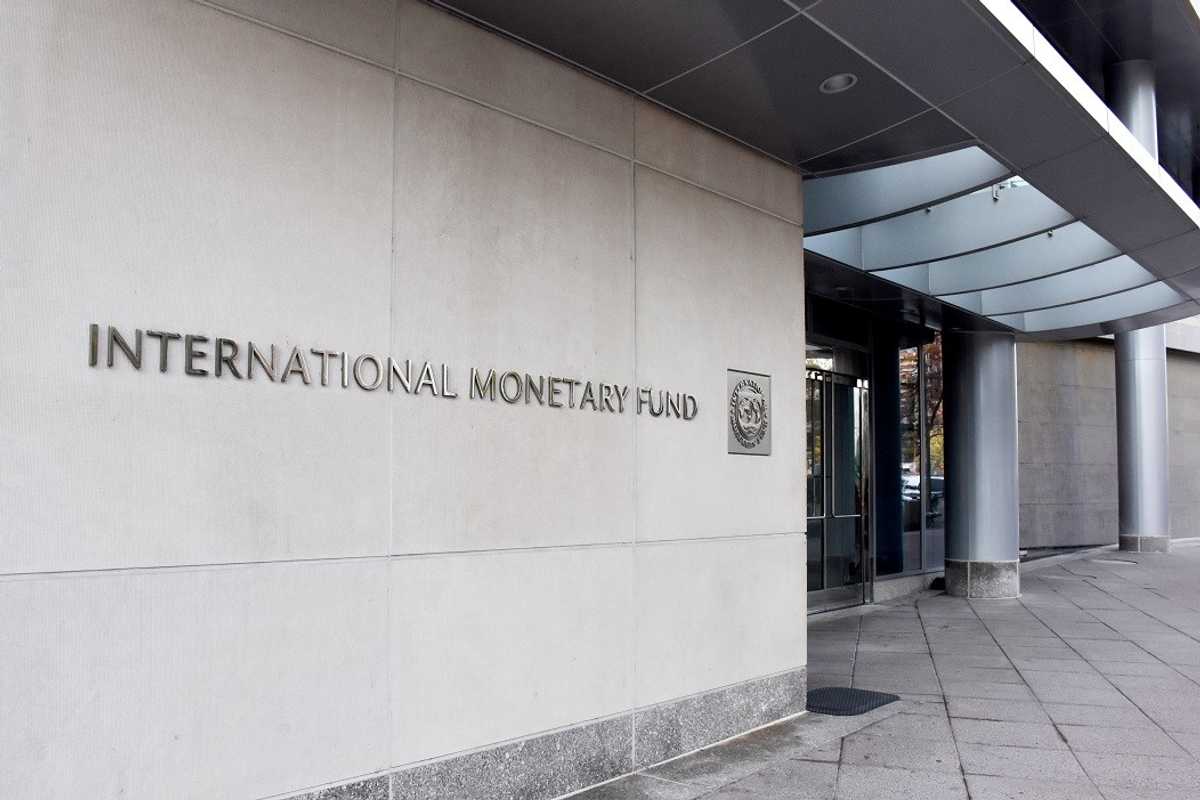IMF to review Pakistan's loan program this month
Fund's delegation will hold talks with federal, provincial governments from Sept 25 to Oct 8
Business Desk
The Business Desk tracks economic trends, market movements, and business developments, offering analysis of both local and global financial news.

Pakistan and the International Monetary Fund (IMF) have finalized the schedule for the second economic review under the Extended Fund Facility, as the country moves closer to unlocking the third tranche of the program, sources in the Finance Ministry said on Thursday
An IMF delegation is set to visit Islamabad from September 25 to October 8, during which technical and policy-level talks will be held with key economic ministries and regulatory bodies.
The visit comes after Pakistan met most of the fiscal and macroeconomic targets required for the release of the next loan installment, the sources added.
This will be the second major review since the IMF Executive Board approved the $7 billion Extended Fund Facility (EFF) last year. The loan program was aimed at stabilizing Pakistan’s fragile economy amid a balance of payments crisis. So far, two tranches totaling $1.9 billion have been disbursed, with the third tranche of around $1.1 billion expected following a successful review.
Multi-tiered negotiations ahead
According to sources, the IMF’s review mission will begin with technical discussions, followed by policy-level negotiations involving the ministries of Finance, Energy, and Planning, as well as the State Bank of Pakistan (SBP). Talks will also include regulatory bodies such as the Federal Board of Revenue (FBR), Oil and Gas Regulatory Authority (OGRA), and the National Electric Power Regulatory Authority (NEPRA).
In addition to federal-level discussions, the IMF will hold separate negotiations with all four provincial governments — Punjab, Sindh, Khyber Pakhtunkhwa, and Balochistan — on budget execution, fiscal discipline, and revenue collection.
Key targets largely met
Officials familiar with the review process said Pakistan has largely met the fiscal and structural benchmarks set under the program. The budget deficit and current account deficit are reportedly within IMF-agreed limits, while non-tax revenues have also aligned with program targets.
Inflation, another key indicator, has remained below the target, despite ongoing price pressures. However, minor shortfalls in tax revenue collection have been reported, mainly due to the devastating floods that have disrupted the agricultural sector.
“Major crops like rice, maize, and cotton have suffered due to flooding,” one senior official said. “This could impact GDP growth targets in the upcoming fiscal quarters.”
In a significant institutional development, the policy board for tax revenue formulation has been shifted from the FBR to the Ministry of Finance, signaling a broader government push to centralize fiscal decision-making and ensure greater policy coherence under the IMF program.







Comments
See what people are discussing